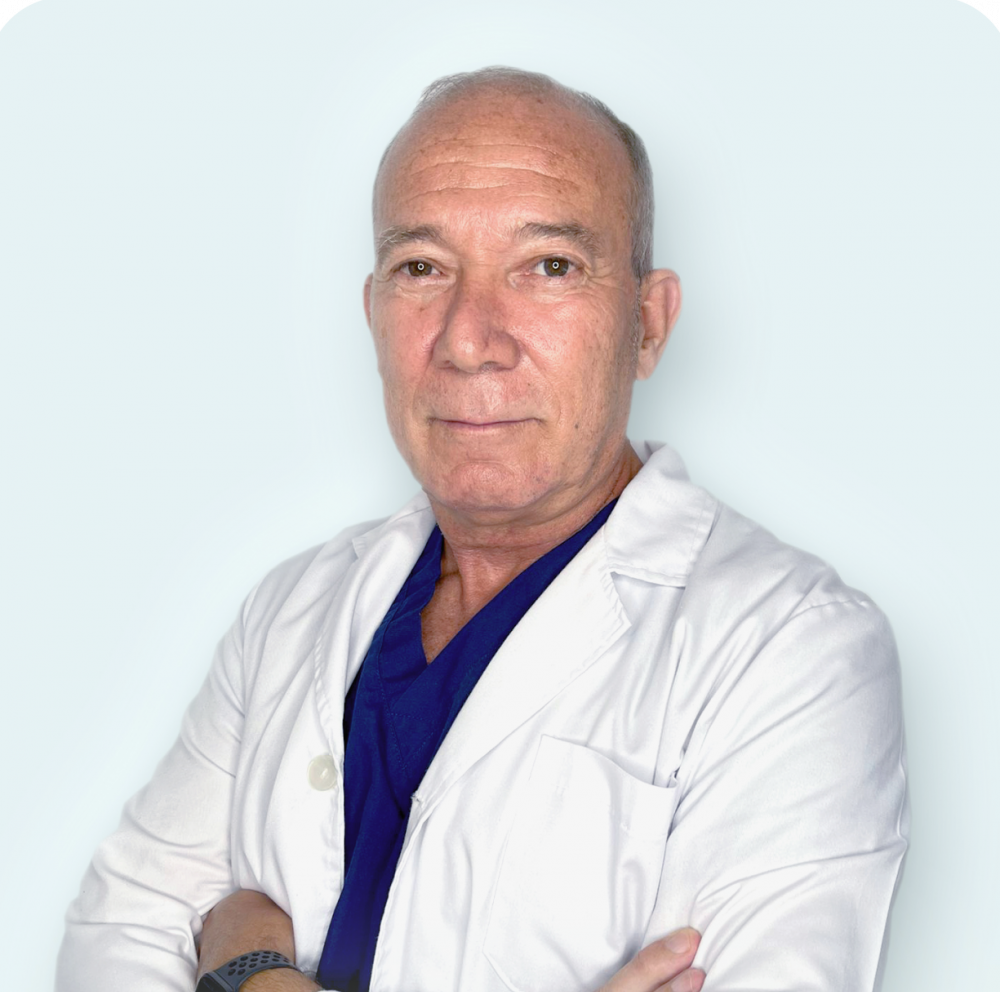What are gonadotropins?
Gonadotropins (LH and FSH) and adrenocorticotropin (ACTH) are pituitary hormones regulated by the corresponding hypothalamic releasing factors.
The hypothalamus is essential to life, despite its small size, as it controls the endocrine system and the autonomous nervous system.
Gonadotropins are produced by both men and women, regulating the male and female gonads and the synthesis of sex hormones.
In men, they help produce sperm and release testosterone, and in women they release oestrogen and progesterone by stimulating the ovaries.
Gonadotropins have been used since 1930 to restore ovulation. In 1959 the first induced ovulation was described, using FSH extracted from human pituitary glands.
What does the gonadotropin hormone do?
These hormones are used for stimulating the ovaries in assisted reproduction treatments.
They are used in the following cases:
- Hypothalamic-pituitary insufficiency
- Hypothalamic–pituitary dysfunction (polycystic ovary syndrome)
- Controlled ovarian hyperstimulation in assisted reproduction treatment
- Premature follicular luteinisation
- Inexplicable infertility.
Where is this hormone produced?
LH and FSH are produced in the pituitary gland, due to the action of the gonadotropin-releasing hormone (GnRH). GnRH is produced in the hypothalamus and induces the production of LH and FSH.
Types of gonadotropins
-FSH
In women, the hormone FSH recruits the follicles and stimulates their growth.
It is indicated for inducing ovulation, ovarian stimulation in assisted reproduction treatments, and patients with high levels of LH (polycystic ovary syndrome).
It is a safe and effective method for inducing multiple follicular development.
In males, FSH regulates spermatogenesis.
One of its disadvantages is the possibility of ovarian hyperstimulation syndrome and/or multiple pregnancy.
–LH
The luteinising hormone is responsible for follicular maturation as a result of the LH receptors in granulosa cells (the cells of the follicle).
It reduces the development of follicles smaller than 10mm which could generate a hyperstimulation syndrome.
– hCG
hCG is a human chorionic gonadotropin. Because of its structural and biological similarity to LhH, hCG is used to simulate the LH spike in order to trigger ovulation once follicular development reaches maturity.
Its administration lets us know exactly when ovulation takes place, 37-38 hours after administering the hCG.
Its advantage is being able to easily determine the time for the follicular puncture or aspiration. As well as triggering development, hCG supports the luteal phase.
The luteal phase is the second phase in the menstrual cycle when progesterone is secreted by the corpus luteum.
Our video shows all the phases of the menstrual cycle.
Frequently Asked Questions
What day does gonadotropin start to be present?
We start to detect gonadotropin on the second or third day of the monthly cycle, and in the case of assisted reproduction treatments, we also start administering it on the second or third day.
Why are there high gonadotropin levels in menopause?
Because in normal conditions there is feedback from the ovaries, which release hormones which inhibit the pituitary gland, lowering gonadotropin values.
In menopause the amount of gonadotropin hormones increases due to the decrease in ovarian activity.



